‘Is governance the missing ingredient for sustainable aquaculture?’ is the fourth seminar of the series co-hosted by The Centre of Sustainability Governance at Wageningen University & Research.
The seminar will explore the role of governance in realising the ambitions of the sector and introduces the Aquaculture Governance Indicators (AGI) as a framework for assessing the performance of aquaculture governance around the world. The seminar will open with a short presentation outlining the research of the AGI provided by Dr Simon Bush, Wageningen University & Research. This will be followed by a video mash-up of academic, industry and consumer views and an interactive discussion on the topic with a diverse panel of experts including Randy Brummett, Han Han, Wendy Norden, Anakarina Pérez Oropeza and Dave Robb. Eddie Allison closes the seminar.
Co-host and presenter
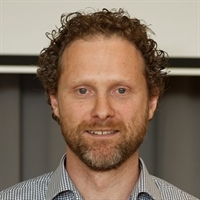
Simon Bush
Chair of Environmental Policy, Wageningen University
Simon holds the Chair of Environmental Policy at Wageningen University in the Netherlands. He has published on public and private governance arrangements for sustainable seafood over the last 15 years. His recently published book, entitled ‘Governing Sustainable Seafood’, explores how market-based arrangements such as certification, FIPs, fishery credit systems and traceability can expand their impact by rethinking their social objectives in driving sustainability.
Panelists – Randy Brummett, Han Han, Wendy Norden, Anakarina Pérez Oropeza and Dave Robb.
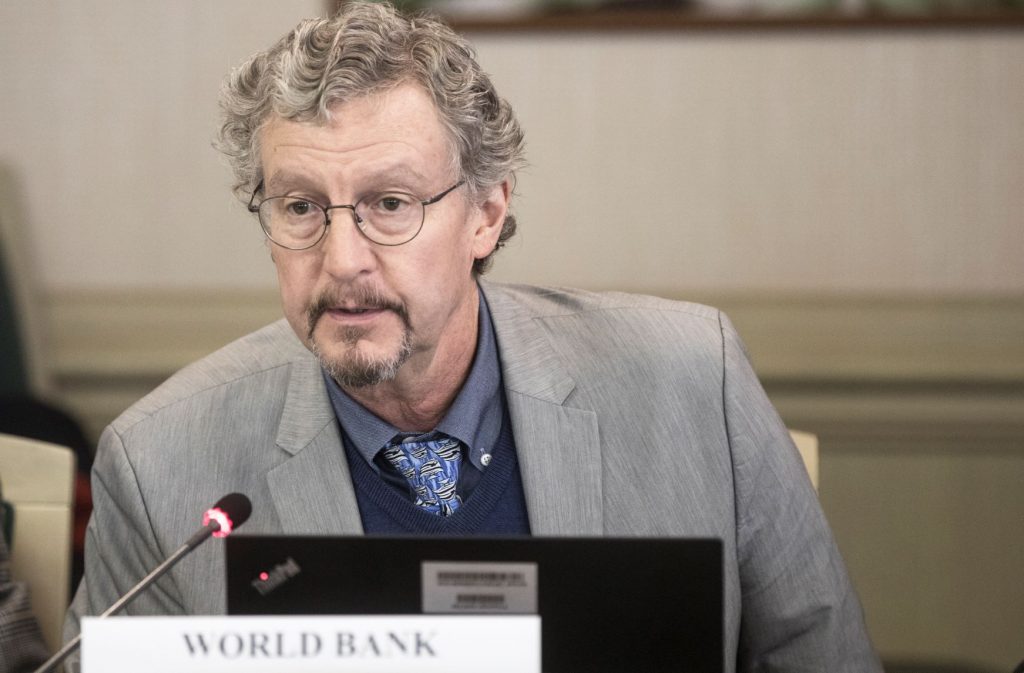
Randy Brummett
Senior Fisheries Specialist, World Bank
Randall Brummett is a fish biologist. Growing up on a houseboat on the Columbia River, he fell in love early with fish. After obtaining a PhD in fisheries at Auburn University, he spent 30 years in the Near East and Africa building fish farms, teaching aquaculture and fisheries biology, and undertaking a wide range of research and extension projects focusing on aquaculture, fish biodiversity and community based fisheries management systems. He joined the World Bank as a Senior Specialist in 2010 where his job is to develop a portfolio of investments in sustainable aquaculture and fisheries. He is currently working on projects in Peru, Cabo Verde, Morocco, the Caribbean, India, Bangladesh, Kazakhstan, the Maldives, the Philippines and Sri Lanka to explore ecosystem approaches to fisheries and aquaculture, environmental and disease management, the transition to recreational fisheries as an economic development intervention and the interaction between hydrological infrastructure and freshwater biodiversity.
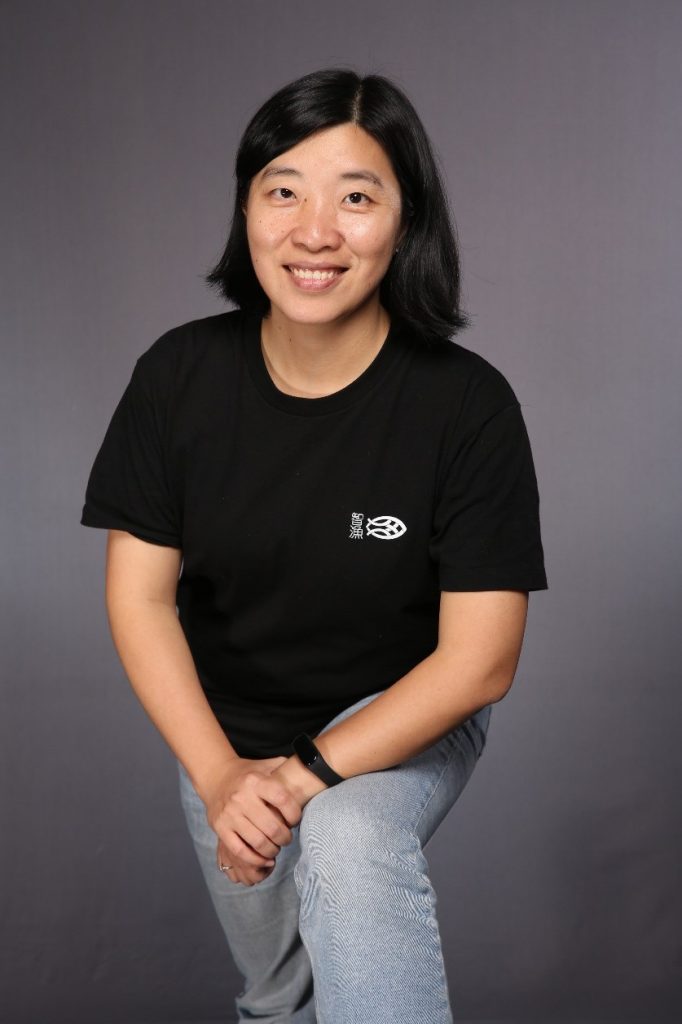
Han Han
Founder and Executive Director, China Blue Sustainability Institute
Han is the Founder and Executive Director of China Blue Sustainability, an organization that promotes sustainable fisheries and aquaculture. Han co-founded the China Ocean NGO Forum and believes that sustainability needs to be defined with respect to local culture, economics, and society. Her work has been recognized by a number of awards, including being selected for the Obama Foundation Asia-Pacific Leaders program in 2019, and in 2020 being named to the ‘Gen.T List’ – the definitive list of young leaders shaping Asia’s future – for her work promoting sustainable fisheries and aquaculture in China. Han holds degrees in Environmental Sciences from Rutgers University and Nanjing University.
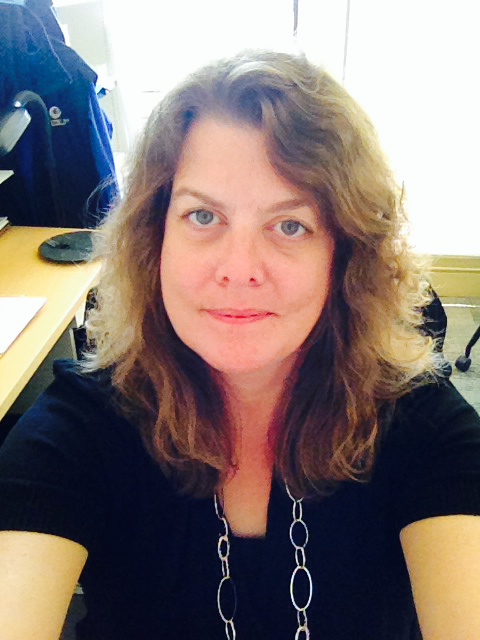
Wendy Norden
Science Director, Monterey Bay Aquarium Seafood Watch
Wendy directs the science team of the Monterey Bay Aquarium Seafood Watch program, maintaining a rigorous scientific framework to evaluate the environmental sustainability of wild fisheries and aquaculture operations. She is responsible for all aspects of the Science Program and global engagement, including: strategic direction; external relationships and global capacity building with: producers, governments, seafood business and NGOs. This has brought Wendy to over 20 countries over the past few years working to provide sustainable seafood information and developing a collaborative approach to engagement on global seafood production practices that improve environmental, social and economic performance.
Wendy has over 20 years of experience in marine conservation, aquaculture and fisheries science. Prior to joining Seafood Watch, Wendy was a Marine Conservation Science Research Professor at the University of Maine, studying the impacts of eco-certifications on fisheries management and economic incentives for conservation. Wendy also spent several years managing the New Zealand Department of Conservations’ fisheries observer program focused on identifying and managing country-wide bycatch research and reduction techniques. She began her career as a field biologist designing subtidal habitat and species restoration programs, working on aquaculture research farms and studying benthic impacts caused from fishing activities.
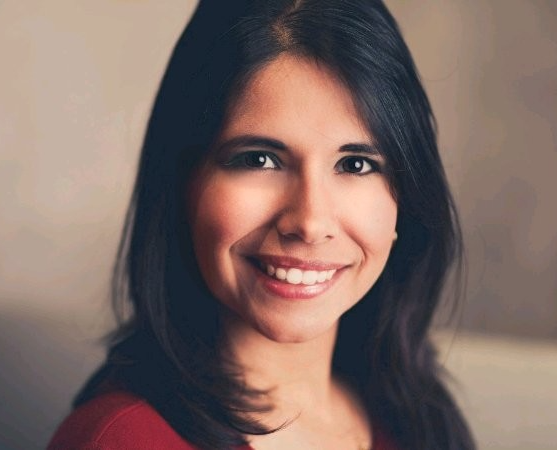
Anakarina Pérez Oropeza
Strategic Development Advisor, Forest Stewardship Council International
Anakarina Pérez Oropeza is currently the Strategic Development Advisor at the Forest Stewardship Council International. Her role is to develop and oversee a global framework around strategic development, advocacy and external engagement with intergovernmental institutions. Anakarina was recently responsible for driving the overall development process of the FSC Global Strategy 2021-2026
Anakarina has several years of experience in global initiatives and processes on forests, climate change and biodiversity, with a focus on strategic thinking and private sustainability governance. She received her bachelor’s degree in International Studies from the Central University of Venezuela and holds a Master of Studies in Sustainability Leadership and a Postgraduate Certificate in Sustainable Value Chains from the University of Cambridge.
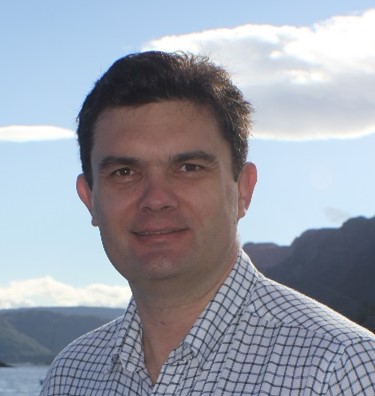
Dave Robb
Program Lead for SeaFurther™, Cargill Aqua Nutrition
Dave Robb is the Program Lead for SeaFurther™, the signature sustainability initiative of Cargill Aqua Nutrition. Having worked on sustainability issues in aqua feeds for more than 15 years, he has experience across a broad range of issues, from supply chain to how feeds can enable more sustainable farming. Working on sustainability can cover just about every aspect of the business, requiring a great degree of flexibility and collaboration within the business. In Cargill, this also means working across species as diverse as salmon, shrimp, tilapia and even alligators! Through SeaFurther, Cargill is focusing on reducing the greenhouse gas emissions associated with our customers’ farming activities, which also supports development across a broad range of other topics related to sustainability. Cargill addresses sustainability through our value chain, from our raw material suppliers to how well our customers can grow their seafood using our nutritional products and services. Robb is working with Cargill teams and with our partners throughout the value chain from origin to end consumer to create sustainable developments – and transform, measure and report the benefits.
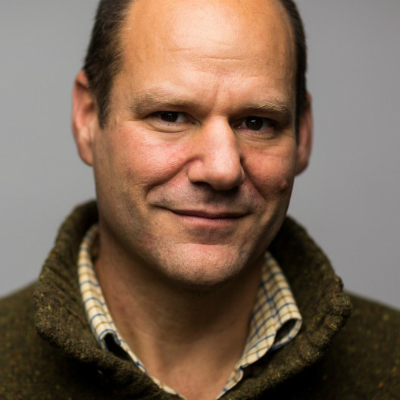
Eddie Allison
Director of Science and Research, Aquatic Food Systems, WorldFish
Eddie Allison received his PhD in Fisheries Science from the University of Liverpool, UK, working with the Isle of Man’s scallop fishing fleet. After graduating, he worked for the UK Department for International Development in Malawi for four years. For most of his career since, he has combined university-based teaching and reearch with secondments and consultancies to various international organizations, including the Global Environmental Facility International Waters program in Lake Tanganyika in the late 1990s, and the UN Food and Agriculture Organization, where he worked on the Sustainable Fisheries Livelihoods Program in West and Central Africa in the early 2000s.
His work spans the globe, having held positions in the field of fisheries and aquaculture management and development in sub-Saharan Africa, Asia, Oceania, Latin America and Europe, as researcher or technical and policy advisor for various international organizations. He has held faculty appointments at the University of East Anglia, UK, and was the director of Policy, Economics, and Social Science at the WorldFish Center in Malaysia from 2007 to 2010. He has been at the School of Marine and Environmental Affairs at the University of Washington since 2013.
Supporting live audience questions – Co-authors of the Aquaculture Governance Indicators Furqan Asif and Hilde Toonen.
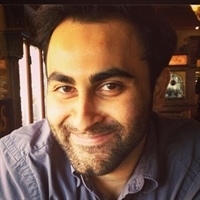
Furqan Asif
Post-doctoral researcher, AGI Project Co-Coordinator, Wageningen University
Dr. Asif is an environmental social scientist with research experience in coastal, small-scale fisheries (Cambodia), marine protected areas (Philippines), migration, social wellbeing, and social resilience. Prior to completing his doctorate, Furqan worked in areas ranging from research and environment-policy analysis to knowledge brokering/transfer/translation and project coordination, across a variety of institutions, including the Canadian International Development Agency (now Global Affairs Canada), WorldFish Center, United Nations University, and the International Development Research Centre. Furqan holds a PhD in International Development (University of Ottawa), a Master of Environmental Science (University of Toronto) and a Honors Bachelor of Science in Biology/Environmental Science (Western University).
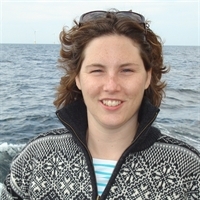
Hilde Toonen
Assistant professor Marine Governance, Wageningen University
Hilde is assistant professor at the Environmental Policy group. Hilde’s research is about innovative arrangements dealing with seafood sustainability and spatio-environmental challenges in coastal areas and at sea. Hilde is the AGI project co-coordinator. She is working with Simon and Furqan, and all AGI partners, to develop a better understanding of the ways in which governance affects the environmental performance of aquaculture worldwide. This includes creating pathways for improvement through engagement and deliberation.